Air pollution is becoming a serious public health problem. Studies have shown that long-term exposure to air pollutants, especially PM2.5, can increase the risk of cardiovascular diseases, including heart attacks, strokes, blood vessel problems, and even premature death.
Air pollution is becoming a serious public health problem. Studies have shown that long-term exposure to air pollutants, especially PM2.5, can increase the risk of cardiovascular diseases, including heart attacks, strokes, blood vessel problems, and even premature death.
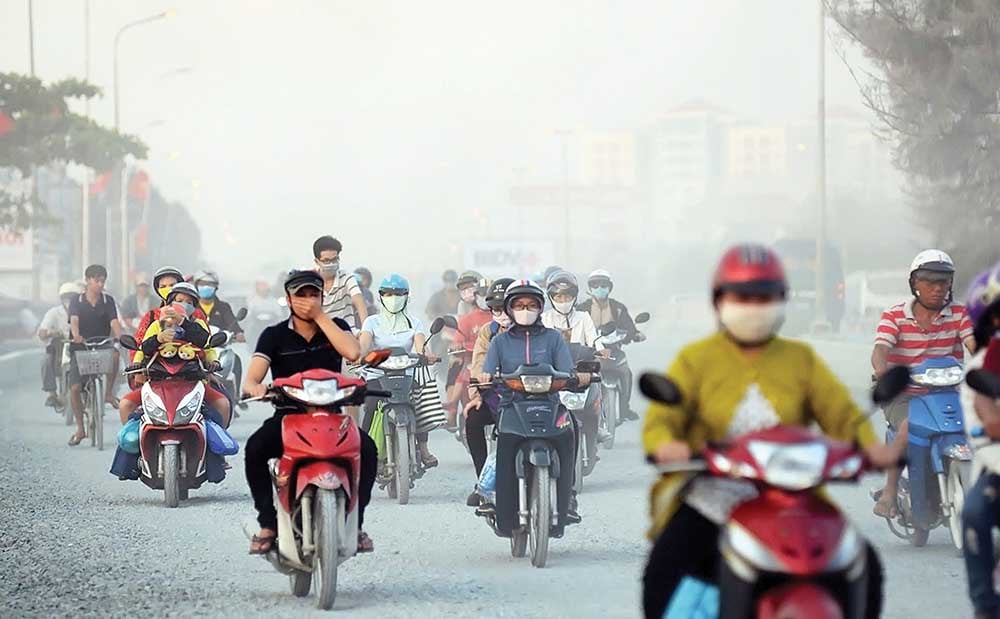 |
| Air quality, especially in big cities like Hanoi and Ho Chi Minh City, is at alarming levels. |
Suffering from many diseases due to air pollution
In Vietnam, air quality is at alarming levels. This is especially worrying in large cities such as Hanoi and Ho Chi Minh City, where traffic and industry density are high.
Experts are concerned that poor air quality exposes the body to pollutants such as ozone (O3), nitrogen dioxide (NO2), sulfur dioxide (SO2), carbon dioxide (CO2), especially fine dust PM2.5. These pollutants mainly arise from traffic, industrial activities, waste burning and construction works. Environmental factors such as climate change and the greenhouse effect also contribute to increasing the concentration of fine dust in the air.
PM2.5 fine dust can penetrate deep into the lungs and enter the bloodstream when inhaled. They cause inflammation in the body, impair blood vessel function and promote arterial calcification. These changes lead to the formation of atherosclerotic plaques in the artery walls, causing the arteries to narrow, reducing blood flow to vital organs such as the heart and brain. This increases the risk of cardiovascular disease, heart attack, stroke, high blood pressure and vascular problems.
Air pollution also has serious impacts on pregnant women and children. Pregnant women exposed to pollutants from traffic emissions are at increased risk of developing high blood pressure, which is a major cause of premature birth and low birth weight. This not only affects the health of the mother, but can also pose a risk of death for both mother and baby.
Long-term solutions to reduce air pollution
According to MSc. Tran Quoc Viet (Cardiology Department, Tam Anh General Hospital, Hanoi), one of the important measures to reduce the harmful effects of air pollution is to use air purifiers in the home. Air purifiers can help remove fine dust and other pollutants, protecting the respiratory and cardiovascular systems.
According to Dr. Viet, wearing a mask when going out, especially in areas with high traffic density or construction areas, will help reduce the amount of fine dust inhaled into the body.
In addition, a scientific diet also plays an important role in protecting health. A balanced diet, rich in antioxidants from fruits and vegetables such as berries and green vegetables, helps strengthen resistance and protect the body against the harmful effects of air pollution. Maintaining a regular exercise routine also helps improve overall health, reduce stress and help the body fight the negative effects of pollution.
Regular health check-ups are an important way to detect cardiovascular problems early and get timely treatment. Being aware of the air quality index is also necessary. People should monitor the air quality index and limit going outside when pollution is high. Closing windows and staying in environments with cleaner air can reduce the risk.
In addition to individual precautions, reducing air pollution requires the cooperation of communities and governments. Policies to control emissions from vehicles and industry and promote the use of clean energy will help protect public health, especially vulnerable groups such as children, the elderly and pregnant women.
Reducing air pollution is not only the responsibility of each individual, but also a common task of the whole society. The government and relevant agencies need to implement emission control measures, develop clean public transport, promote renewable energy initiatives, to improve air quality, protect public health and create a clean living environment for future generations.
Source: https://baodautu.vn/o-nhiem-khong-khi-de-doa-suc-khoe-nguoi-dan-d242428.html


![[Photo] Readers line up to visit the photo exhibition and receive a special publication commemorating the 135th birthday of President Ho Chi Minh at Nhan Dan Newspaper](https://vphoto.vietnam.vn/thumb/1200x675/vietnam/resource/IMAGE/2025/5/17/85b3197fc6bd43e6a9ee4db15101005b)
![[Photo] Prime Minister Pham Minh Chinh chairs meeting on science and technology development](https://vphoto.vietnam.vn/thumb/1200x675/vietnam/resource/IMAGE/2025/5/17/ae80dd74c384439789b12013c738a045)



![[Photo] More than 17,000 candidates participate in the 2025 SPT Competency Assessment Test of Hanoi National University of Education](https://vphoto.vietnam.vn/thumb/1200x675/vietnam/resource/IMAGE/2025/5/17/e538d9a1636c407cbb211b314e6303fd)
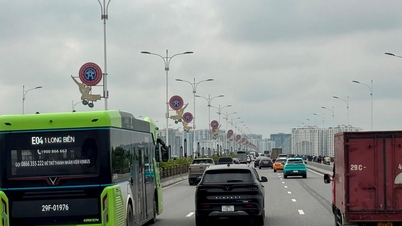



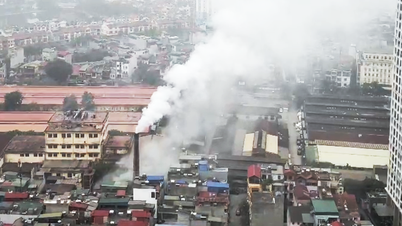



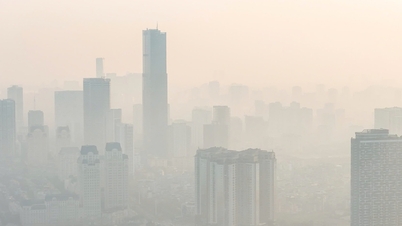



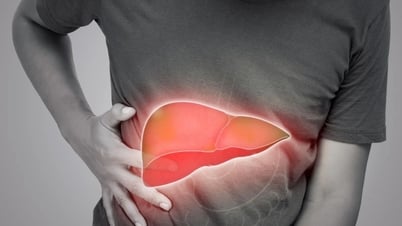


















![[Photo] Nearly 3,000 students moved by stories about soldiers](https://vphoto.vietnam.vn/thumb/1200x675/vietnam/resource/IMAGE/2025/5/17/21da57c8241e42438b423eaa37215e0e)


































































Comment (0)